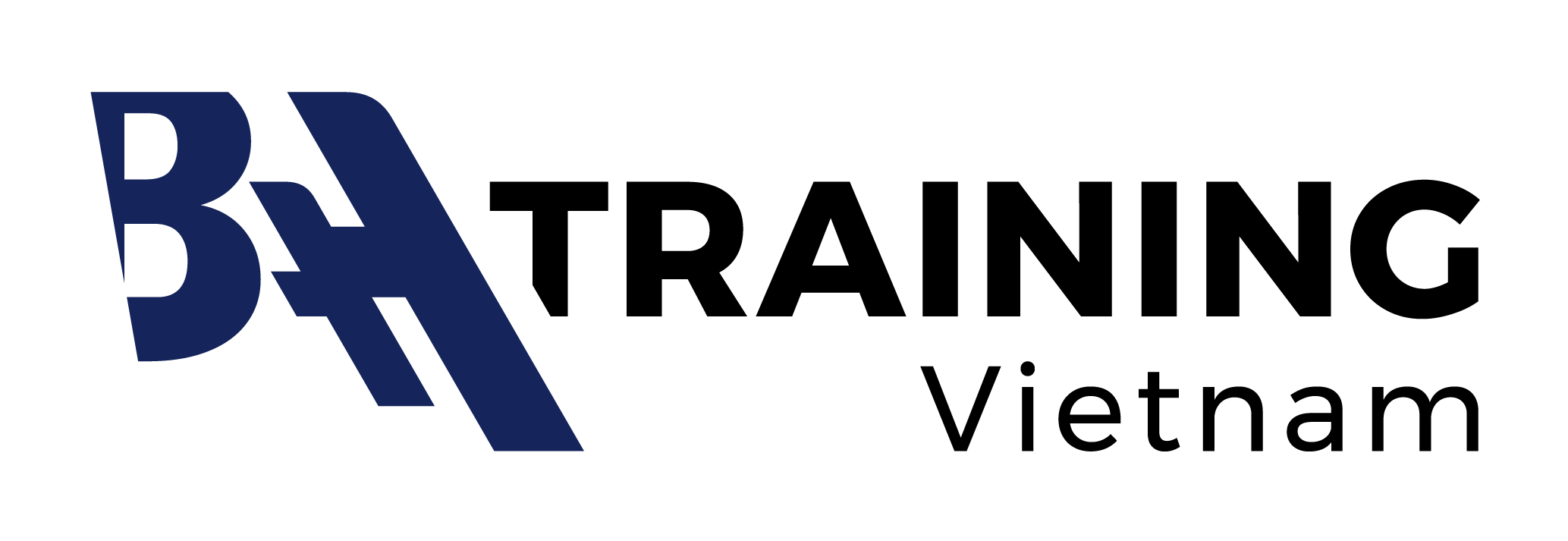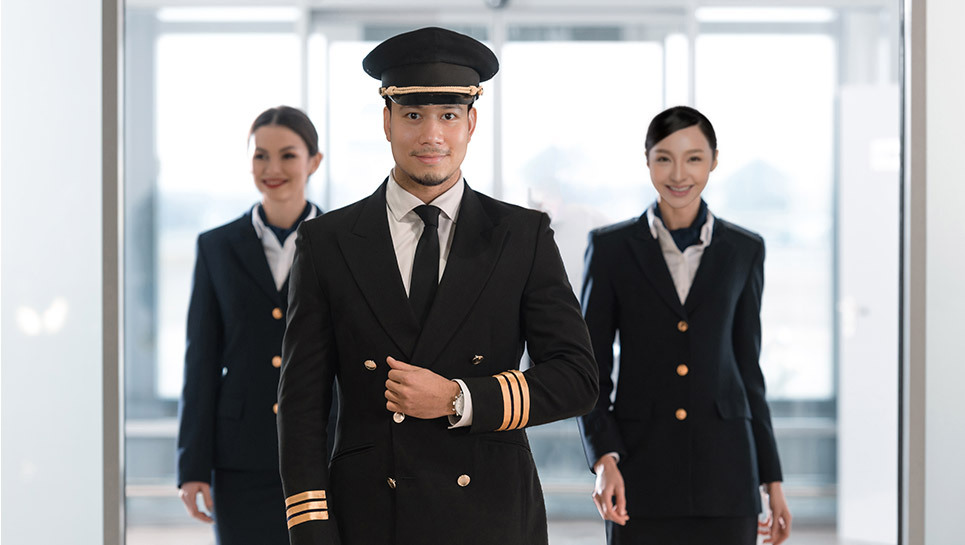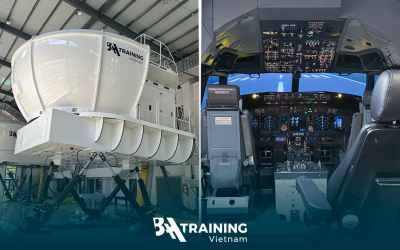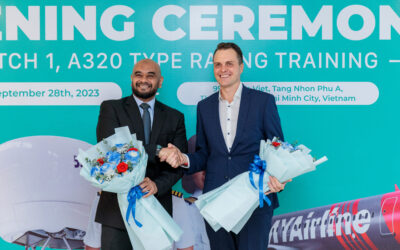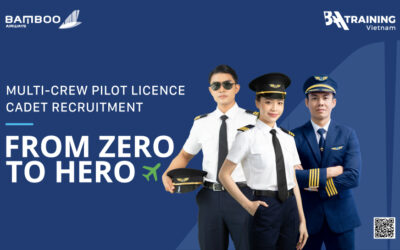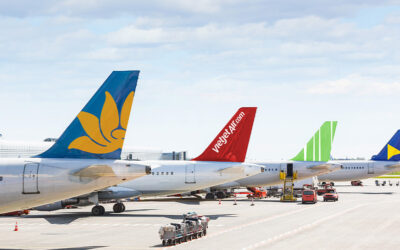If you are an individual with an ambition of becoming an airline pilot, you might have already seen MPL abbreviation while looking for various pilot training programs. It might be a challenge to clearly understand the MPL training pathway, as it is quite a new program in aviation training market. Therefore, we are here to help you by briefly introducing the main features and requirements for the MPL program.
MPL origins
MPL stands for Multi-Crew Pilot Licence, which was introduced in 2006 by the International Civil Aviation Organisation (ICAO) as an airline-specific training program. Why airline-specific? Because this program requires a partnership of an airline with a flight school, and offers a pathway for ab initio student pilots to achieve the necessary competencies to act as a first officer in commercial air transportation on multi-crew aircraft.
Such a training model has already proven to be advantageous and is being actively incorporated into the activity of more and more airlines around the globe. You may be wondering what makes this program so beneficial. Here is a short answer: a student can be certain about their future job, an airline is able to monitor the student’s progress and get involved in any training phase while a training center is shaping its further expertise in the field by preparing new generations of aviators.
MPL is about Your Competency and Quality
The main difference from traditional training pathways is that the MPL course requires the methodology of competency-based training throughout all the phases of practical training. In order to make progress, a standardized set of competencies must be developed to a defined level of performance rather than simply accumulating your flight hours. The competencies are as follows: communication, application of knowledge, leadership and teamwork, application of procedures and management of information, problem solving and decision making, situation awareness and work load management.
Why are those competencies important to an aspiring future pilot? The airline industry has recognized that experience of pilots cannot be measured by flight hours alone. The complexity of modern aircraft and the fast developing operational context requires pilot training to reach beyond traditional flying skills. Threats, errors and failure possibilities during operation cannot always be foreseen and trained before they occur. Therefore, future pilots must possess a range of competencies to be prepared for unexpected situations. However, it does not mean that a student pilot will not gain these competencies while studying in other pilot training programs. It will only take more time to develop certain competencies as those will be acquired during his/her career. Meanwhile, the MPL program starts working on them from day one of the training.
Structure of MPL course
MPL is structured slightly differently compared to traditional pilot training programs. Besides theoretical training, with MPL you will go through 4-phase practical flying training where you start at getting core flying skills and single-pilot training. Then you will be introduced to the multi-crew operations and instrument flight. Afterwards, you will learn the application of multi-crew operations to a multi-engine turbine aircraft. Moreover, MPL provides advanced pilot skills with type rating training starting from FFS training at the very beginning of the program.
Airline-Specific Program with a Job Guarantee
As it was mentioned previously, the MPL program incorporates not only the required competency-based flight training elements but also focuses on additional elements of training for the airline. These might be commercial and ground operations, safety and quality systems, environmental considerations as well as education in a specific airline’s customer service ethics and corporate values.
What you may have already realized, MPL introduces future pilots to their end-operating environment much sooner than other pilot training programs. This allows an MPL student to get accustomed to the standard operating procedures of their end-employer meaning that such a trainee will be ready to effectively join an airline.
But what about getting a job after your training is finished? There we also have good news! Let’s start with the fact that almost every aspiring pilot is looking for a job guarantee after his/her training has been completed. The MPL program is one of the ways to secure your pilot career at an airline. As it was mentioned previously, this course is airline-specific since the first day of the training. This means that airlines get exactly what they need – you as a tailored pilot, instructed in the airline’s mentality and procedures. By choosing the MPL training program and by completing it successfully, you are ready for the first officer’s duties at a certain airline.
If you want to become an airline pilot and fly for a specific company on a certain type of aircraft, consider taking the MPL course. If you are looking for a way to become an instructor or want to do anything other than fly for an airline, you should choose another training program.
Fastest pilot training program from 0 to the First Officer’s seat
The major advantage of the MPL training course is its timing. From as little as approximately 18 months, Multi-Crew Pilot Licence (MPL) advances a trainee pilot from zero hours to a qualified co-pilot on the relevant aircraft type, for example Airbus A320 or Boeing 737.
You may ask – how can this be achieved? The answer there is quite simple: MPL minimizes the amount of time needed to become an FO – this program already includes type rating training, base training and parts of the airline’s operator conversion course. Moreover, practical part of the training begins much earlier compared to other pilot training programs – a student starts training with MEP halfway through the MPL course.
How to start?
Before signing on the dotted line for the MPL training, you should look into obtaining your Part-MED Class 1 medical certificate, which is necessary for anyone wishing to train for a commercial or airline transport pilot licence. Applicants for MPL must be at least 18 years old and must have not less than Secondary School diploma.
In some training schools and centres, there is an additional assessment process to evaluate the candidate’s competencies right before the training starts. Your problem solving, decision making, situation awareness and workload management skills can be measured, so we recommend looking into assessment procedures each training provider applies.
